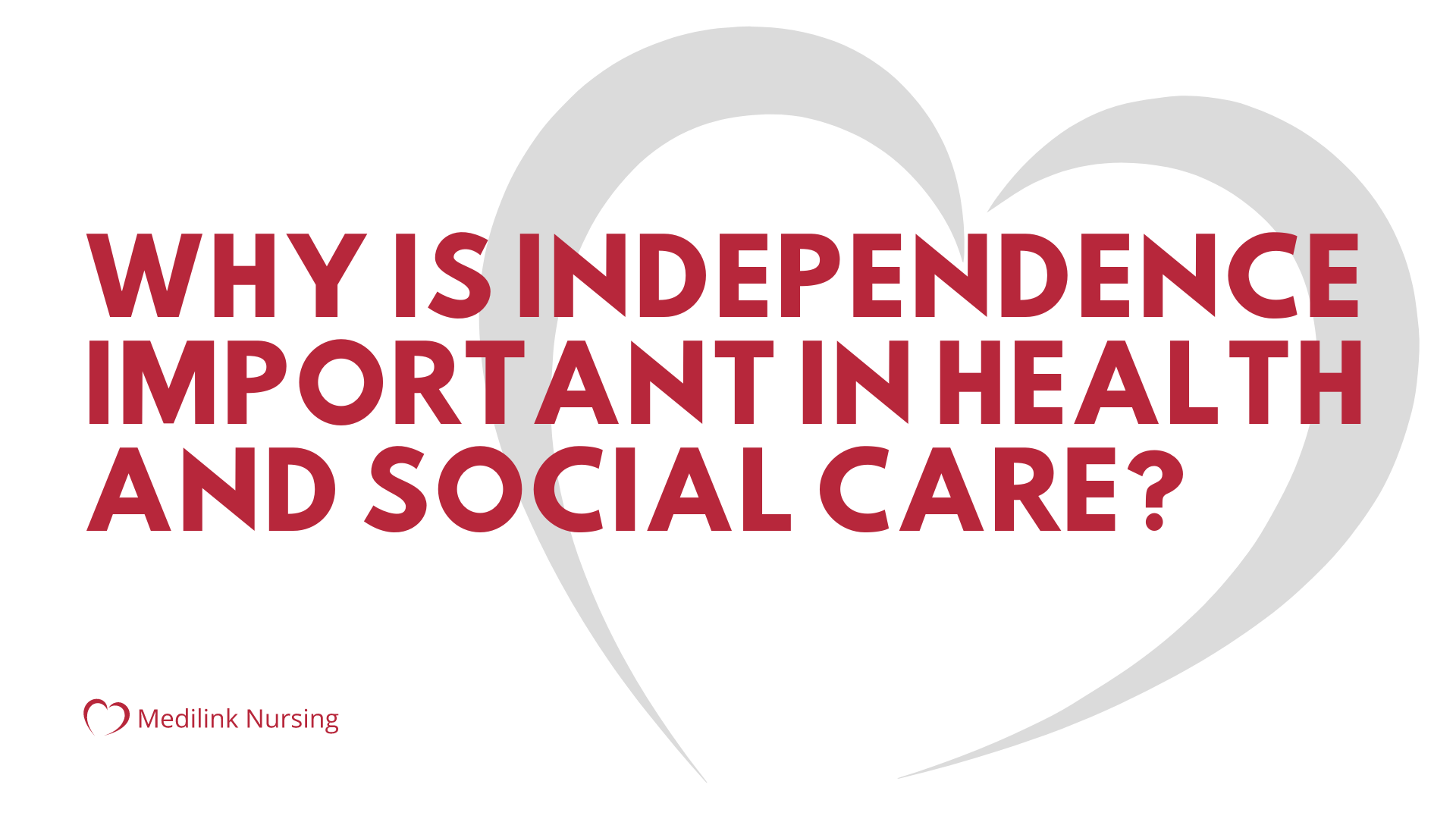Introduction
It is important to ask, Why is independence important in health and social care. Within a care home setting, residents’ wellbeing and quality of life is of the utmost importance. This article will explore why independence is essential in a care home setting, and how it can be promoted to enhance residents’ sense of well-being, their mental-health and, most importantly, give residents the dignity they deserve.
Why Is Independence Important In Health and Social Care?
Care homes are designed to provide support and assistance to individuals who may need help with daily tasks or have health conditions that require specialist care. However, it is essential to recognise that residents are still individuals with their own unique needs, preferences and life experiences.
Promoting independence can help residents maintain a sense of control over their lives, make choices about their care, and participate in activities that they enjoy. Communication is essential, when residents feel respected and valued, they are more likely to feel content and fulfilled. When we ask, ‘why is independence important in health and social care’, we are looking at the needs of our residents and putting them first.

The Importance of Independence for Mental Wellbeing
Mental health is a critical consideration in a care home setting, and independence is an important factor in supporting residents’ mental wellbeing. Mental health conditions can make individuals feel disempowered, and loss of control can exacerbate feelings of anxiety, depression, and loneliness. By asking ourselves, ‘why is independence important in health and social care?’ and then acting on the answers that you come up with, Care homes can help residents to feel more in control of their lives, which can reduce feelings of isolation and helplessness.
By enabling residents to make more of their own decisions, we can enhance their self-esteem and confidence, leading to better mental wellbeing.
Tailoring Care In Answer To The Question, Why Is Independence Important In Health And Social Care?
Promoting independence in a care home setting involves tailoring care to meet residents’ individual needs and preferences. Person-centred care, where care is delivered in a way that is respectful of residents’ autonomy, is a tried-and-tested approach to promoting independence. For instance, residents should be provided the opportunity to participate in decisions about their care, such as what they eat or when they receive assistance with tasks.
Residents should also be able to pursue activities that they enjoy, such as hobbies or socialising with other residents, as well as interact with who they wish to. Asking staff why is independence important in health and social care can help to encourage communication between staff and residents.
Enabling Independence through Technology
Technology can also play a vital role in promoting independence in a care home setting. Assistive technology, such as sensors or alarms, can help residents to live independently by alerting staff if they need assistance or if there is a potential safety risk. Communication technology, such as tablets or smartphones, can help residents stay connected with their families and friends, reducing feelings of isolation and loneliness and promoting a sense of well-being.
Conclusion
In summary, asking why is independence important in health and social care can help create an important conversation around the value of promoting autonomy and dignity in care. This leads to a greater understanding of the benefits of empowering individuals to make choices about their care and enhancing their quality of life. Ultimately, prioritising independence can create a culture of respect and support in health and social care settings, leading to improved outcomes for individuals receiving care.
Care homes should promote person-centred care, tailoring the care to meet residents’ individual needs and preferences. Assistive technology can also play a vital role in enabling independence and promoting residents’ wellbeing. By prioritising independence, care homes can create a supportive and empowering environment for residents.
To find out more, why not get in touch with us on 0113 877 6383 or email care@medilinknursing.co.uk for more information about how we can assist you with your agency staff needs.

Further Reading:
If you found this page useful, you might like to read our posts on:
The important role played by RMNs
How long does a DBS check take for nurses and carers?
Medilink’s care staff services

